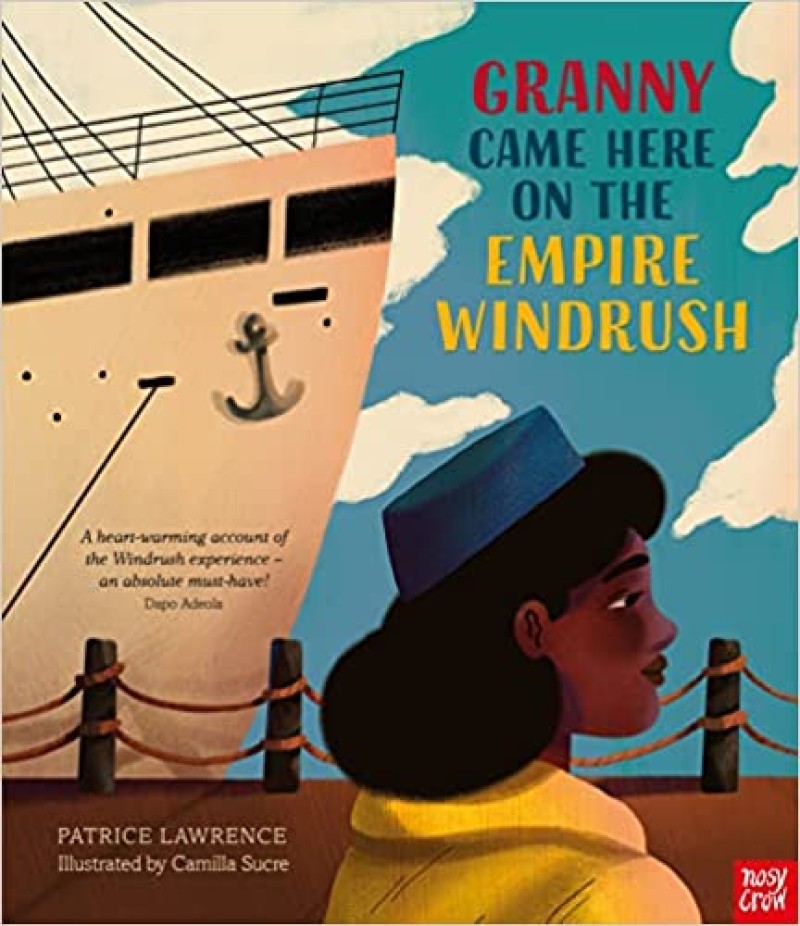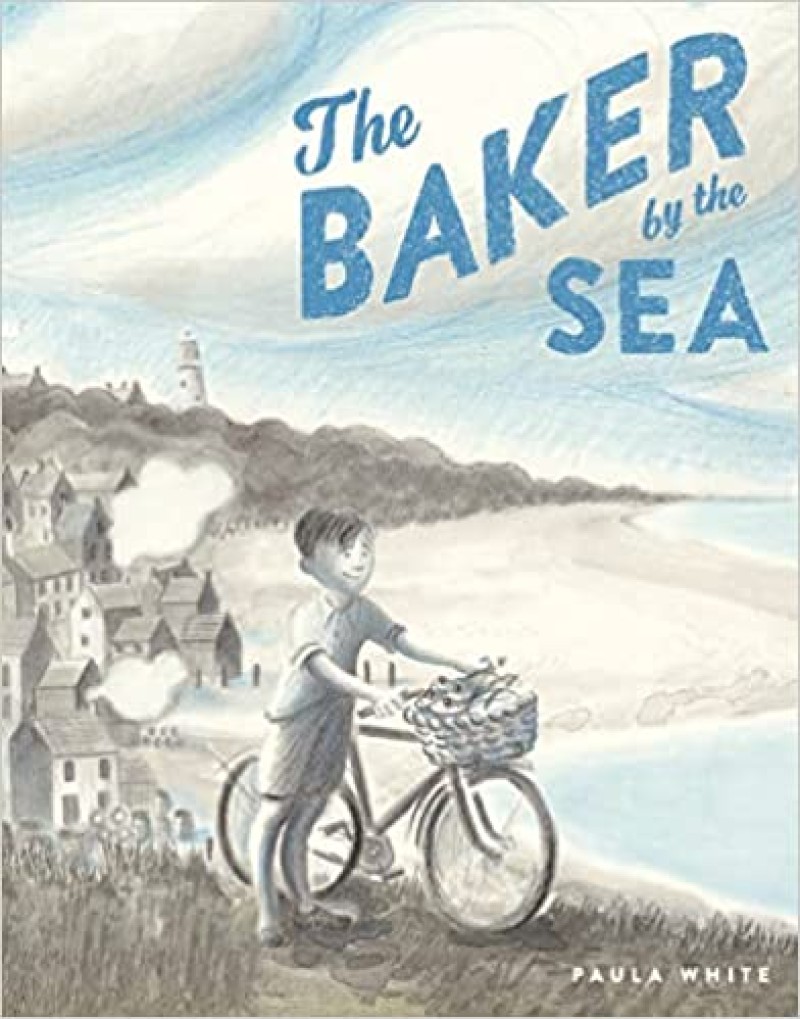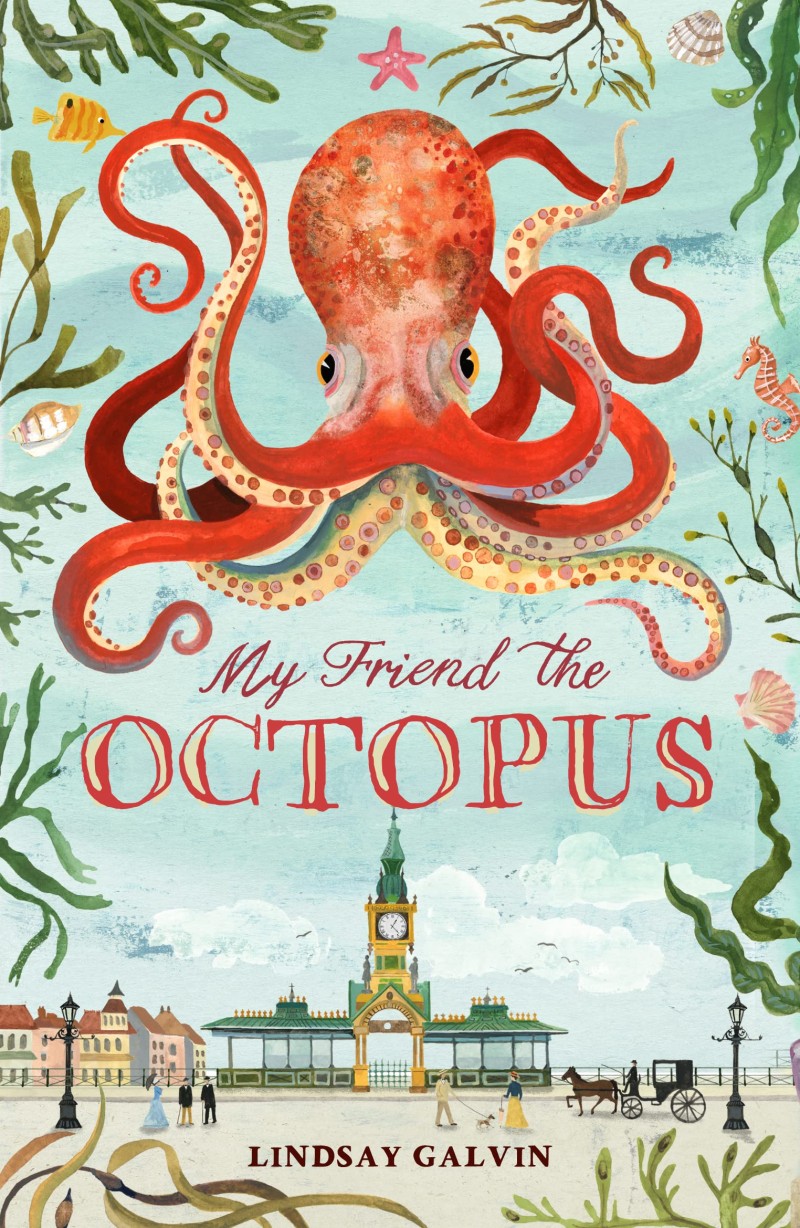Posted on: 22/06/2022
Courage and bravery are so often portrayed as overt, physical heroics, involving dramatic rescues and acts of daring but isn’t courage other things, too? Daring to follow a dream is courage; being a truth-teller is courage. Courage is going to the very limit of one’s comfort zone – to go boldly forth, both literally and metaphorically. The theme of courage of the heart, with its synonymous theme of bravery, is referenced in a multitude of ways in literature, spanning years: in Macbeth, there is Shakespeare’s inclusion of the idiom, screw your courage to the sticking place (Act 1, scene 7) as instructed by Lady Macbeth to her husband. Maya Angelou’s poem, Continue embodies courage – specifically the courage to keep going. And in more recent times, the series of partially autobiographical novels by Libby Scott and Rebecca Westcott explore what Libby’s experience of being autistic is like and the huge amount of courage needed to navigate what may seem to be the everyday to a non-neuro divergent person. In this month’s carefully curated selection, we have four stories- each from a very different period in history and from different communities; each the epitome of courage, and each filled with heart.
Granny Came Here on the Empire Windrush by Patrice Lawrence and illustrated by Camilla Sucre (Nosy Crow, 5th May 2022)
A debut picture-book for Patrice Lawrence – award-winning author synonymous with YA fiction including Orangeboy; Needle and Splinters of Sunshine – this is such a beautifully written story with a warm sentiment at its core. Ava adores her Granny: warm, loving, fun to sing with. But one day Ava abruptly stops singing: she needs a costume for a ‘dress up as someone you admire day’ and she can’t think of who to choose. But Granny thinks she can help and To the trunk they go. The trunk contains old clothes, all of which tell a story and is a place where are you could dive inside and come out to someone completely different. A necklace of sparkling beads reminds Granny of Winifred Atwell, the famous pianist, but if Ava hasn’t heard of Winifred before, how can she know whether she admires her? Mary Seacole is the next suggestion, but Ava’s cousin is dressing up as her… then Ava happens upon a small, cardboard suitcase, containing just 4 items: An empty jar. A smooth grey pebble. A little blue hat. A pair of lace gloves. And it is these items that tell the story of the person Ava admires most of all: Granny – cold and lonely in strange London, having come over from Trinidad on The Empire Windrush, she made the best of things to create a new life and possessed the courage to stay; to continue. And so, Ava dresses up as Someone who came to England on her own on a big, old boat called the Empire Windrush. Someone who was cold and sad and wanted to go back to the sunshine and her family in Trinidad. Someone who stayed and sings and makes me and everyone happy… Someone who is more precious than all the gold in the world. My granny! This is a hugely important – and absolutely gorgeous – celebration of historical roots and recognising that the stories we tell of others are sometimes reflective of our own. Perfect for children in KS1, exploring pride in cultural heritage as well as everyday acts of courage.


Resist by Tom Palmer (Barrington Stoke, 4th August 2022)
Having the courage to make a difference even when life and limb are at stake shows true grit in a protagonist. And Edda – Palmer’s protagonist in this moving and important novel – is a perfect example of this. Edda’s not her real name; her given name is Audrey but in the occupied Netherlands – neutral but having fallen under German control, an obviously English name would have put Edda and her family at risk. Life where they live in Velp is dreadfully hard: curfews; dwindling food supplies; her brother, Alex – a conscientious objector - who must remain in hiding and the fact that such a talented ballerina as Edda is no longer permitted to perform. The Dutch have been stripped of almost everything: radios and daily freedoms being replaced with starvation and, in some cases, enslavement. We meet Edda at the very beginning of chapter one, waiting at a checkpoint on the railway crossing as a train passes through. She is fearful and nervy, understandably seeing as she’d been entrusted with the delivery of leaflets to members of the Dutch resistance, containing information about plans to thwart the efforts of the Nazi soldiers. Things are already risky, of course, but then the requests begin to pose greater risks. Can such a young girl – just 15 – find the requisite courage to help end the war and liberate The Netherlands? Based on and inspired by real events in the life of Audrey Hepburn, this gives such a different perspective on the experience of World War 2. Tom Palmer is such an incredibly skilled author: the story of one girl’s war is told without sugar-coating – there is fear and despair in abundance at the unending, worsening situation – yet there is such tenderness and a sense of hope. Perfect for children in year 6.
The Baker by the Sea by Paula White (Templar, 26th May 2022)
This is a gentle, poetic narrative – as undulating as the very waves upon the sea. Within the hard-working fishing community that is portrayed through the eyes of a young boy, everyone has a part to play. The sailmakers make sails; boats are built by boatbuilders and the fishermen trawl through ocean for their next catch. The sea is the beating heart of all that we do… And at night, while the fishermen are fishing, the village lies sleeping, gently soothed by the rhythm of the sea. The boy wants to become a fisherman when he grows up. However, his father is not a fisherman. He is ‘just’ a baker and the child cannot understand why. But – his father explains – this was his dream: he had tried the sea but it wasn't for him. He wanted to become a baker and how would everyone be kept going without biscuits? Who would bake bread for the villagers? There is courage in the father’s convictions and it is this that changes the boy’s mind. Now he wants to become a baker when he grows up, just like his father. Replete with a recipe for delicious-sounding coconut buns, this is such a beautiful and uplifting book with the most stunning use of literary language. Perfect for children in Year 2 or 3.


In this beautifully written historical narrative by dragon aficionado, Lindsay Galvin, we are instantly transported to the 1890’s and immersed in the world of Lavinia (Vinnie) Fyfe and her milliner mother. Ribbons, taffeta and tulle along with the sketches of new hat designs that Vinnie is becoming so expert at creating are the world in which they inhabit. It’s a city life for Vinnie, upon the fringes of high society, ‘walking adverts’ for their creations in an attempt to rival Parisian designers. But then, early one morning, everything changes. Rosamund – Vinnie’s mother – ushers her daughter out of bed, through the attics, down a little staircase and into a waiting carriage. Arriving in Brighton after an exciting train journey, Vinnie is delighted to be on what seems to be a holiday, meeting her Aunt Bet – only known to each other through the letters they write- for the first time. However, Vinnie soon discovers that this is not to be: her mother is leaving her with Aunt Bet. Not for long, she promises, just enough to conduct some ‘research’ in Paris; a boost to their business. Thrown into turmoil, Aunt Bet clearly as surprised at being left in the charge of her young relative as Vinnie herself is, the girl seeks solace in the wonders that are held in the aquarium. There, she meets the octopus – simultaneously beguiling and repulsive; beautiful yet horrifying. Ghost, they call him. And – as is common with such adventure stories- all is not what it seems. Rosamund isn’t actually in Paris; and she isn’t who either Vinnie or Aunt Bet thinks she is. Just what, exactly, is she embroiled in and will the searingly heart-breaking realisation that Vinnie’s life has been based upon a falsehood ever be something that can be healed? Difficult themes of loyalty and betrayal as well as the courage to move on following the discovery of lies and deceit are explored in this exquisite novel that fans of Peter Bunzl’s ‘Cogheart’ series are bound to love.
Posted in: Literature Review